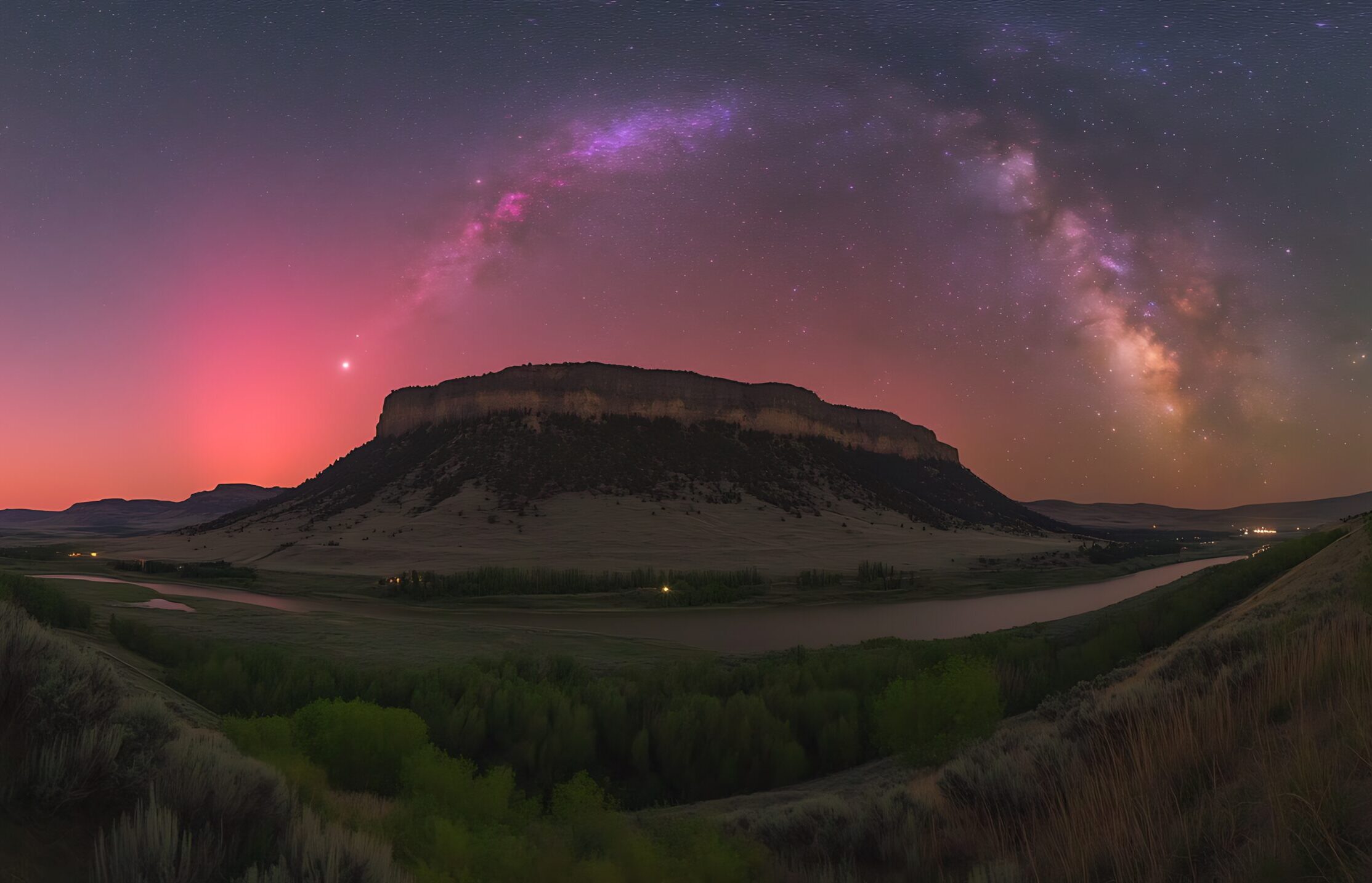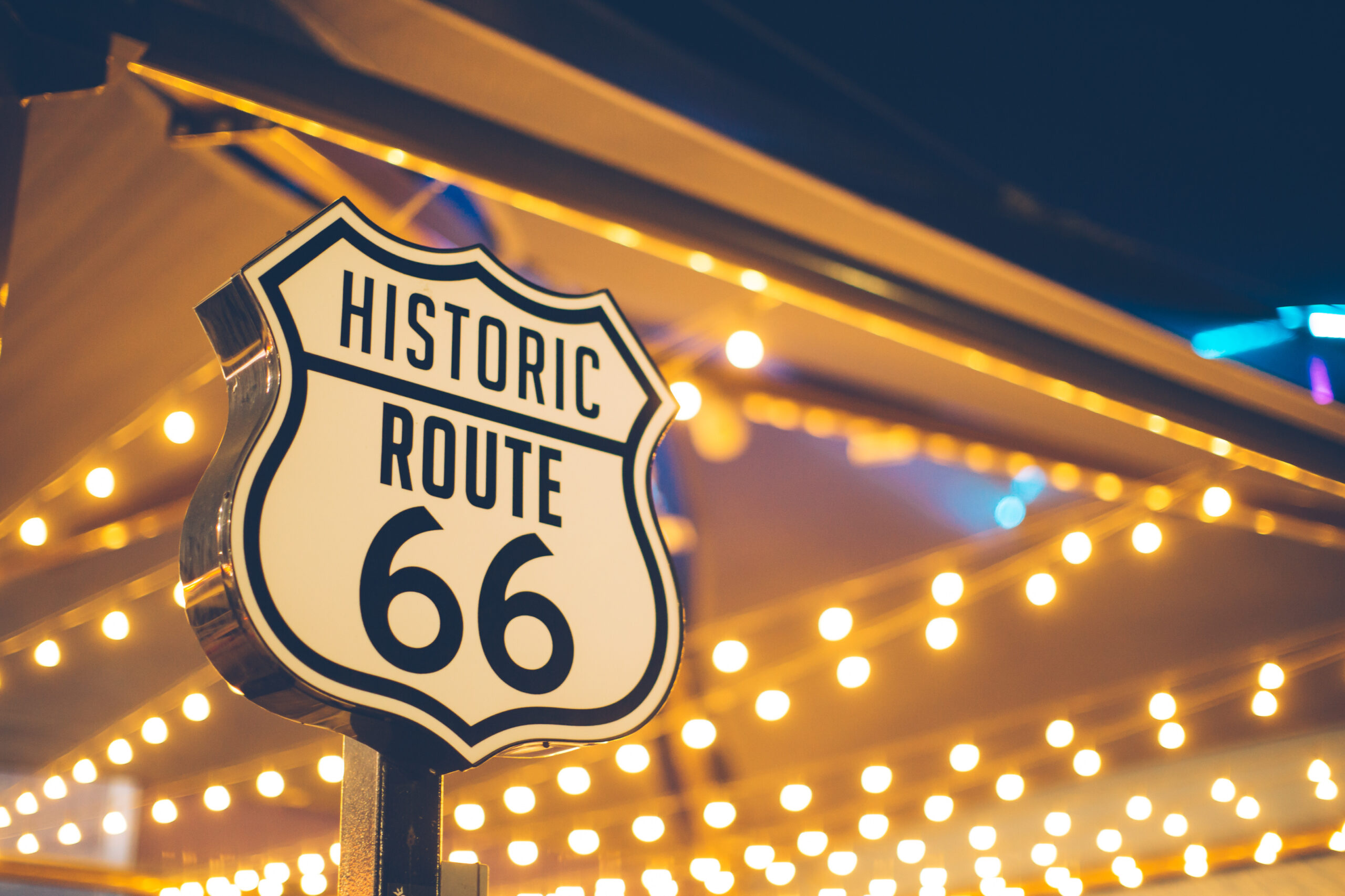TORONTO — Chris Heywood is no stranger to a crisis.
As Executive Vice President, Global Communications for New York City Tourism + Conventions, he helped the organization successfully navigate through the COVID-19 pandemic. And now, six months into his new role as Senior Vice President, Public Relations & Chief Communications Officer at Brand USA, the destination marketing organization for the United States, he’s up against another massive challenge: an ongoing trade war that’s causing a significant downturn in Canadian visitation.
Speaking to Travelweek this week during a sales and media visit, Heywood says recent data from Tourism Economics predicts a 20% drop in Canadian visitors in 2025 due to tariff tensions. Considering that Canada is the United States’ #1 international market, the ripple effects of such a steep decline will be widespread, he adds.
“Without the Canadian travel market, we don’t have a vibrant tourism industry in the way that we would have otherwise,” says Heywood. “There are frontline workers whose livelihoods depend on travel and tourism, not to mention there’s a Canadian community embedded in the U.S., in our hotels and businesses, businesses that are directly impacted by the strength of travel. A ‘boycott’ of U.S. travel pulls everybody down and hurts the wrong audiences.”
Of particular importance while in Canada this week are meetings with Canadian airlines like Air Canada and Porter to “continue to forge relationships with our airline partners and do what we can to support them,” says Heywood. Recent reports show an approximate 10% decrease in cross-border flight bookings, industry wide, resulting in reduced capacity to the United States for most Canadian airlines.
“I caution to not overreact because this could be due to a number of issues or it’s simply a normal business pattern for airlines where they cut back on flights during the summer months,” he says. “Although we know there’s been some drop off, I haven’t heard about any widespread route cancellations that you might expect. I’m still seeing a lot of destinations being serviced. But we are in direct communication with the airlines and we will be having a dialogue with them, which has been ongoing since the beginning.”
“DON’T LET IT DETER YOU”: NEW BORDER MEASURES
Heywood is quick to note that despite finding himself at the reins during another downturn in travel, today’s current political economic climate is vastly different from the challenges brought on by the years-long pandemic.
“With COVID, you literally could not travel. And while the tariffs situation is absolutely challenging on a different level, people still have the freedom to choose to travel,” he says. “People are certainty sensitive to what is happening right now – and I share their concerns – but I want to also reassure Canadians that we are open for business and that we’re still here.”
Convincing Canadians to book – and keep – their U.S. travel plans may be easier said than done, particularly amid recent reports of enhanced security measures at the border like possible phone searches and detainments. In addition, as of last Friday, foreign nationals – including Canadians – who are in the U.S. for more than 30 days are now required to register with the U.S. government.
But Heywood doesn’t anticipate this new requirement to have much of an impact on Canadian leisure travellers, as most only stay for 7-10 days on average. Snowbirds, on the other hand, comprise a significant portion of the market, many travelling to Florida each winter and staying for several months. Will we see a huge drop off in Canadian snowbirds flying south of the border?
“We know that Canadian snowbirds are familiar with Florida and the United States, and accessibility for them is seamless. For them, it’s a shorter journey to the United States than to other snowbird destinations like Portugal and elsewhere in Europe,” says Heywood. “I think we need to communicate to them that we welcome them and we value their business and that I wouldn’t let this new requirement deter them. It’s an extra step that needs to be taken, yes, but don’t overthink it.”
As for all other Canadians staying for less than 30 days and who may be feeling skittish at the border, Heywood is reassuring them that the entry process has not changed. But even still, take a commonsense approach.
“Have your paperwork ready and with you, have your return flight, read up on what’s required and have all the information that you’re supposed to have. Take it seriously but don’t let it deter you. Don’t deny yourself a vibrant experience in the U.S.,” he says.
“GET READY FOR WHAT’S TO COME”: 2026 & BEYOND
As Travelweek reported earlier this week, Canadian travel advisors are seeing a significant decline in demand for U.S. travel and an increase in U.S. cancellations amid the ongoing trade war. Though they may be experiencing a lull in travel bookings right now, Heywood says this downtime marks an opportunity for advisors to register for Brand USA’s ‘USA Discovery Program’ and learn all there is to know about new offerings in the United States. And according to Heywood, there’s a lot in the pipeline, starting in 2026.
Calling it a “decade of mega events,” Heywood highlights several “demand generators” that will raise the United States’ profile among travellers. Most notable is the 2026 FIFA World Cup, which will take place from June 11 to July 19 in Canada, Mexico and in 11 cities across the United States. Other high-profile events and festivities next year include the 250th anniversary of the signing of the Declaration of Independence, the opening of Universal Epic Universe on May 22, Disneyland’s 70th anniversary and Route 66’s centennial, followed by the 2028 Summer Olympics in Los Angeles, and the 2034 Winter Olympics in Salt Lake City. Complementing these milestone events is an array of offerings including 63 national parks (Heywood recommends getting the ‘America the Beautiful National Park Pass), wineries in Oregon, Washington, Texas and, of course, Napa, museums and cultural institutions (many of which are free), astrotourism in destinations known for stargazing (try Montana, Wyoming and Utah), and a long list of mid-sized yet fully fascinating cities like Nashville, New Orleans, Milwaukee, Columbus and Pittsburgh that offer more affordable alternatives to bigger cities (get even more discounts and deals with the CityPASS and Go City passes).
- The Milky Way in Butte, Montana, a popular destination for astrotourism
- Route 66 will celebrate its centennial anniversary in 2026
“Certainly, 2026 is going to be a massive year. So, even if your clients are not ready to come to the U.S. tomorrow, we do want them to start thinking about 2026 and beyond,” says Heywood. “There’s going to be unprecedented opportunity so don’t overlook us. There has always been a strong bond between Canada and the U.S., and we don’t want that to go away.”
For more information about travel to the United States, go to https://www.thebrandusa.com/.
To sign up for the ‘USA Discovery Program,’ click here.



